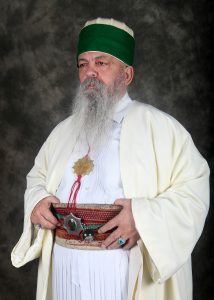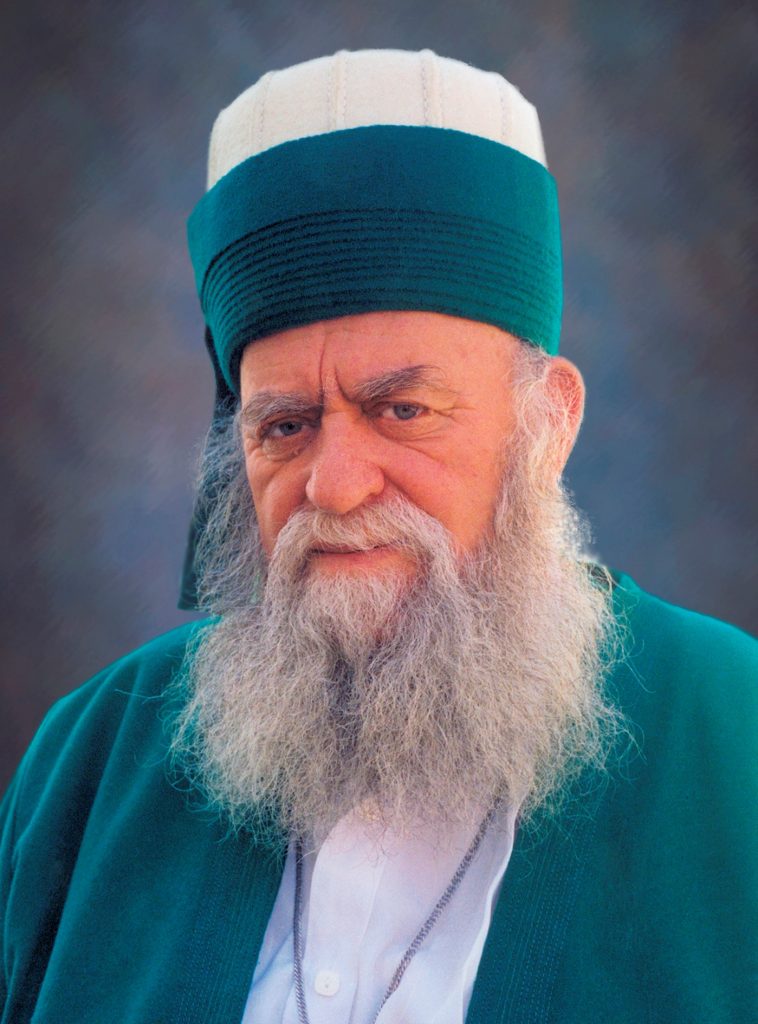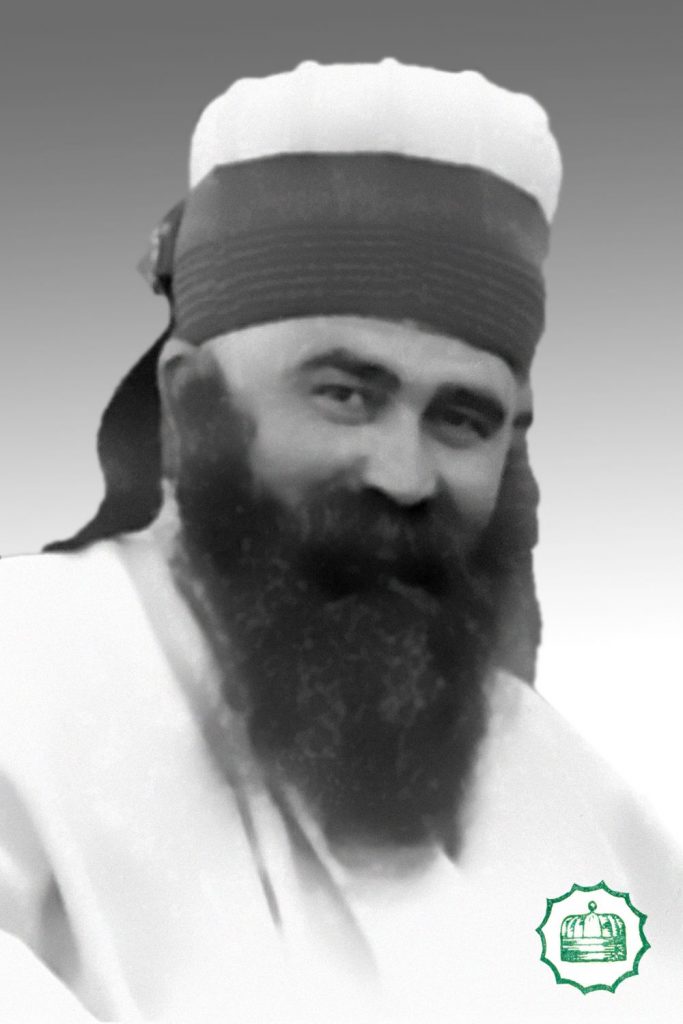Bektashi World Leader, Haxhi Dede Edmond Brahimaj: The great poet, Bektashi Naim Frashëri, is and will remain a symbol of light, knowledge and worship for millions of Bektashis in the world. Activities will open today and will continue until the end of 2021


On the occasion of the 120th anniversary of the passing of life and, the 175th anniversary of Naim Frashëri (25 May 2021), the Bektashi World Headquarters officially "Year of Naim", with a special program starting today (Friday), which includes a series of activities such as "Meeting with poets", photo exhibitions from "Life and work of Naim Frashëri", reprint of several books, scientific session and other activities during the cultural and artistic. Everything is conceived and will be realized under the care of the Bektashi World Leader, His Grace, Haxhi Dede Edmond Brahimaj. "The great poet, Bektashi Naim Frashëri, is and will always remain a symbol of light, knowledge and worship for millions of Bektashis in the world. Anniversaries of birth and separation from life, are the culmination points dedicated to him. The commemoration of these anniversaries has already become a tradition, but since this year coincides with full time periods (120 and 175), the Bektashi Holy See has thought that from today until the end of 2021, there will be a a series of different activities in Tirana, districts and other places in the world where Bektashis work and live. This tradition of remembrance and worship has started since the remains of Naim came here, in 1937. For this a great national ceremony was held at the Bektashi World Headquarters, where the remains were placed in its most beautiful place, and the tomb was erected. monumental, and in 1954 his bust was erected. "It has been four years since the World Headquarters organized the Naimian day in Paris, France, entitled" Bektashi culture ", with the participation of different countries of the world, a tradition that will be annual" - says for the newspaper "Telegraf", Haxhi Dede Edmond Brahimaj , Bektashi World Grandfather.
"The Bektashi Notebook" by Naim Frashëri
Naim wrote the "Bektashi Notebook" 125 years ago was published it in Bucharest in 1896. In this book, in synthesis and essence, are given the philosophical-moral theses with deep content, which includes the whole opium of Naimi, which have irreplaceable values to recognize its wide polygonal worldview. This book has two important plans in prose) and, enriched with 10 rare poems, (prose and poetry are in sync), where together, they give a complete constitution for the Bektashi order. Here, Naimi gives us the divine cosmology and the human path: God, man, family and woman, the Bektashi doctrine based on it, the four gates (Sharia, Tariqah, Hakikat, Tricks), Bektashi ethics such as kindness, wisdom, consciousness, homeland, kombin etc. the prophetic family, of the Ahl al-Bayt. Seeing the Bektashi creed and the poems entitled "High Poems" as well as in prose, he gives very nicely and tells us that the Bektashis believe in the great and true God, Muhamet Alia, Khadija and Fatima and Hasan and Hysen. He reminds us that the twelve imams are: Ali, Hasan, Hysen, Zenjel-Abedin, Muhamet-Bakir, Xhafer-Sadik, Musa-Qazim, Ali-Riza, Muhamet-Teki, Ali-Neki, Hasan-Asqeri, Muhamet Mehdi.
The poem says: "We believed in God, / Even Muhammad Ali, / Khadijah and Fatima, / Even Hasan and Husayn, / The twelve Imams, / That were true!"
Within this rare book he places the pillars of Bektashi doctrine that hold it strong:
God: Which is an abstract and at the same time concrete concept, near and far but gives according to the Almighty, the Omnipotent Qur'an : Naimi considers the concept of "Man" to be the vicegerent of God himself on earth, a Qur'anic concept repeated in the Hadiths of the Prophet Muhammad and in the proverbs of Imam Ali. Human right passes through "consciousness", "soul". "Mind" and "Knowledge": They take a special concept according to Naim, that "both the angel and the devil are all in the human being." He expresses this with figures and symbols. Naimi sees love and brotherhood, unity and friendship in good relations not only in faith, but between Muslim and Christian Albanians. Here is what he says in his book: "Bektashis love like their souls other Muslims and Christians, go well with all mankind." Here, Naimi lists the nation as its mother tongue, Albania. He says that we love the motherland, that the faith of the Bektashis is a path in space and time, wide, that it has light, wisdom and brotherhood, love, humanity and all goodness. Naim's philosophy touches in this ‘Notebook’ the essence of the Pantheism, which includes in other literary, theological works, intertwined in concepts about God.



